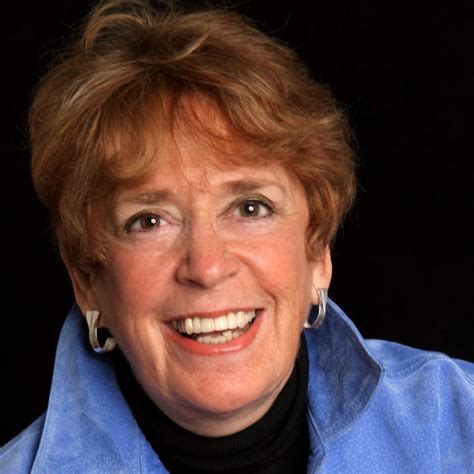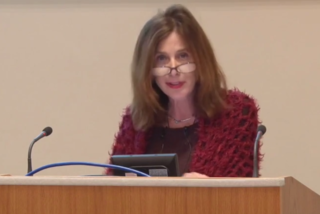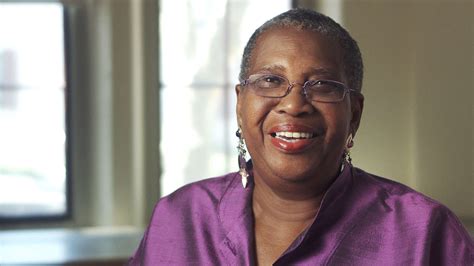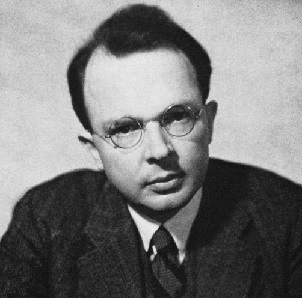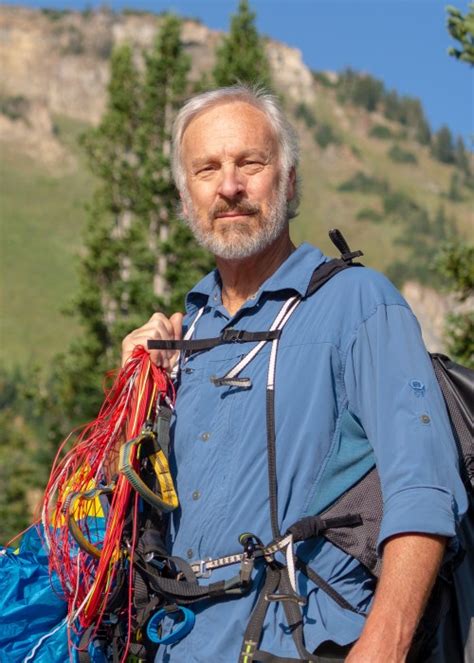A Quote by William Barclay
If we find ourselves becoming critical of other people we should stop examining them, and start examining ourselves.
Related Quotes
When we find ourselves devoid of passion and purpose, the first thing we need to do is stop. But that's not easy. The rest of the world is zooming by at full speed. Left alone with ourselves, without a project to occupy us, we can become nervous and self-critical about what we should be doing and feeling. This can be so uncomfortable that we look for any distraction rather than allowing ourselves the space to be as we are.
In order to find God in ourselves, we must stop looking at ourselves, stop checking and verifying ourselves in the mirror of our own futility, and be content to be in Him and to do whatever He wills, according to our limitations, judging our acts not in the light of our own illusions, but in the light of His reality which is all around us in the things and people we live with.
I think the key to writing the truth of our existences, so much of this is being incubated online, is examining the conflicts and the messiness, our sometimes dividedness, dealing with gender and other hierarchies, and also our identities outside of them, deeply personal and yet somehow critical and circumspect.
My great hope for us as young women is to start being kinder to ourselves so that we can be kinder to each other. To stop shaming ourselves and other people for things we don't know the full story on - whether someone is too fat, too skinny, too short, too tall, too loud, too quiet, too anything. There's a sense that we're all ‘too’ something, and we're all not enough.
Remus Lupin was supposed to be on the H.I.V. metaphor. It was someone who had been infected young, who suffered stigma, who had a fear of infecting others, who was terrified he would pass on his condition to his son. And it was a way of examining prejudice, unwarranted prejudice towards a group of people. And also, examining why people might become embittered when they're treated that unfairly.
We need to stop comparing ourselves to others, and stop patting ourselves on the back for attaining artificial measurements of spirituality. We need to take care that we do not think we are something we are not, or else we may deceive ourselves, setting ourselves up for rebuke in the future when we see Christ face to face


